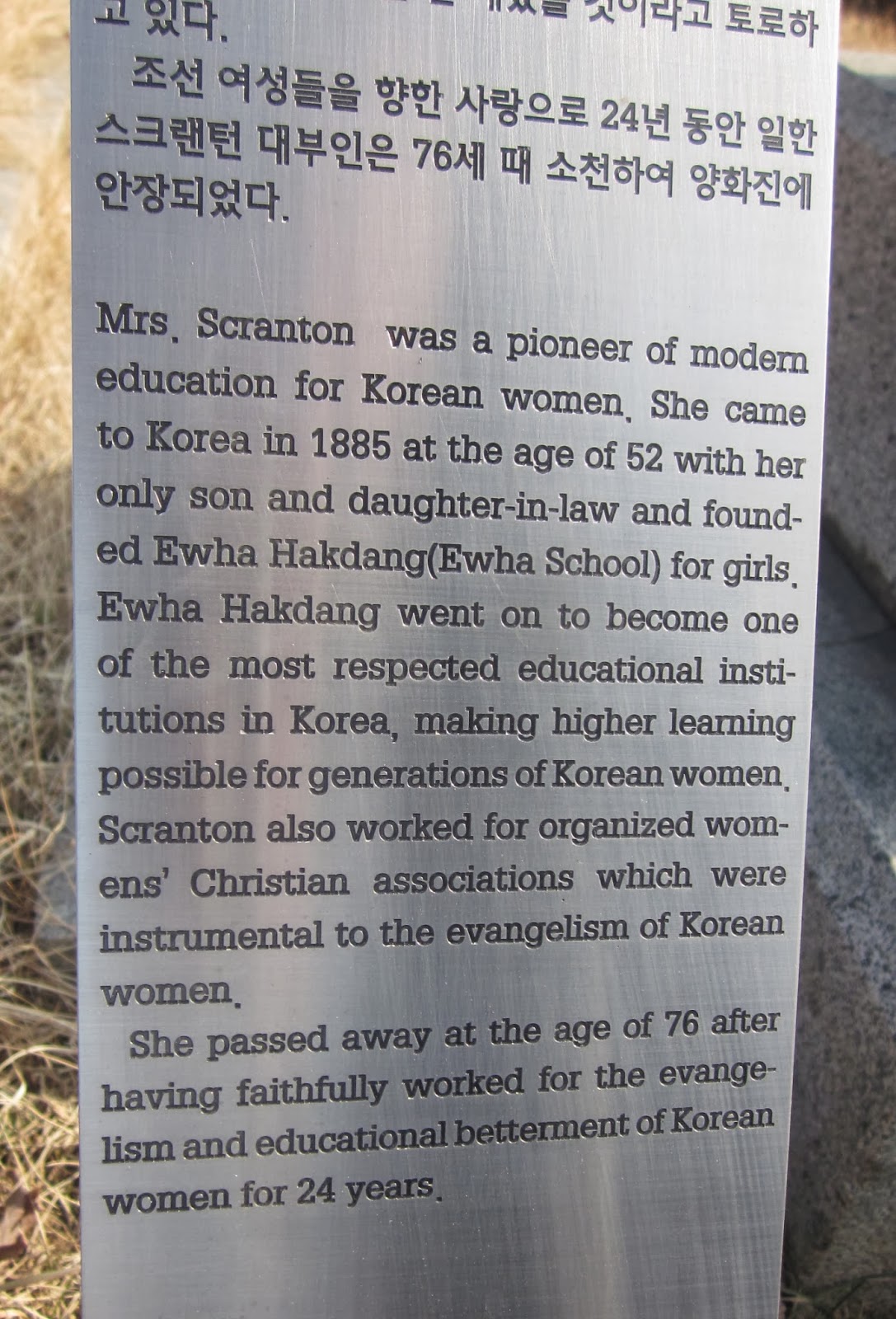 |
| Why should Christians value machines? |
In a 4th grade test on pulleys and machines, Mrs. Curry included the following question:
Why should Christians value work and machines?
Here are some answers she received:
"Because they help us through life, and God gave us the material to make them."
"God wants us to use our brains to worship Him, and machines help people to worship God."
"Because God said to do work, and machines help us to do work."
"Because people can glorify God by building things that they have never built before."
"Because God made us to do work, not to just sit around and do nothing. So when we work, we should want to do it easily if we have to do it all the time."
"Because God made us to do work and live. We should make it easier by using simple machines."
"Because it is God's purpose for us."
"God created people so people can invent machines."
I received this report from Dean Ridder, Headmaster at Isaac Newton Christian Academy, Cedar Rapids, Iowa.
Worldview Matters is working with Bakke Graduate University and the Institute for Faith, Work & Economics to restore a biblical concept of work, economics and human flourishing to elementary and secondary education. We do this through a specialized training program called the WRAP: Worklife Restoration and Advancement Project. Dean's school is part of this program.
Applications for the WRAP are now being accepted for the 2016-17 school year. The number of schools we can accept is limited. Early applicants have a better chance of receiving grant funding.
For details click here. To set up a time for a personal conversation to discuss the program, use the Worldview Matters contact page, indicating the best day, time and phone number to reach you, here.
Dean also relayed:
"Our enrollment has grown by 10% since last year (and is still growing--we have families still actively participating in the enrollment process for this year). When I was asked to what do we contribute this growth when enrollment is dropping at Christian schools in our area, I had a good answer. 'People are hearing about our efforts to elevate the level of biblical worldview integration and incorporation of theology of work in our classrooms, and are responding to it.'"
Below is a clip of Mrs. Greer, 5th grade teacher at Dean's school, having a conversation with students on the topic of ecosystems and work:









